Community event explores why time stood still for over 1,000 Germans and Austrians in a Yorkshire village during the First World War
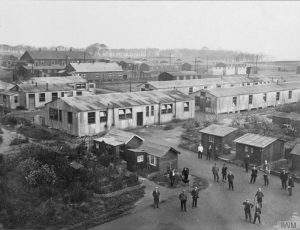
People from South Leeds, Rothwell, Lofthouse, Outwood and Wakefield are invited to discover what went on in the now vanished Lofthouse Park between 1900 and 1919. Historical documents and a guided neighbourhood walk will reveal why and how the park was turned from an aerodrome and place of popular entertainment to an internment and prisoner-of-war camp for German and Austrian civilians and officers in World War One.
Visitors to the event will be given the opportunity to find out about ‘enemy aliens’, individual internees, life in the camp and the odd escape, based on ongoing research of In the Wrong Place at the Wrong Time, a Centre for Hidden Histories funded project that brings together historians, descendants, residents, students and pupils from Britain and Germany.
The camp itself is not the only focus of the day, as project leader Claudia Sternberg (Legacies of War, University of Leeds) explains:
‘We will bring to life the experiences of Lofthouse Park Camp, but would like to know much more about the local communities at the time, whether they had dealings with the camp or not.
‘This Heritage Open Day is an opportunity for anyone to come and share knowledge, stories and documents relating to the local area in the first two decades of the 20th century. Perhaps people living around Park Avenue, Park Square and Park View or working for Peter Duffy Ltd. have even found objects that could be dated back to the time of the camp.’
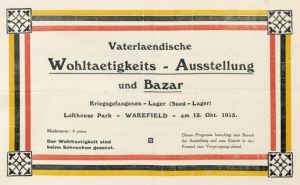
The event is free and open to all. It will take place on Sunday, 11 September 2016, at Lofthouse Gate Working Men’s Club (12 Canal Lane, Lofthouse, Wakefield, WF3 3HN), from 11-16.00.
In addition to looking at documents on display and going on a walk led by independent historian David Stowe (11.30 and 14.00), visitors can try their hand at reconstructing Lofthouse Park Camp in a mapping workshop at 12.00. A short creative presentation by Heritage Corner’s Joe Williams and Leah Francis at 15.00 puts Lofthouse Park Camp in the wider context of civilian internment during the First World War, which affected tens of thousands of families in Britain, Germany and beyond.
The venue and guided walks are child-friendly and fully accessible. Pre-booking is only required for groups, but signing up for the walk on the day is appreciated. Children’s activities are offered throughout the day and refreshments are available.
For more information, please contact c.sternberg@leeds.ac.uk or dave-stowe@live.co.uk
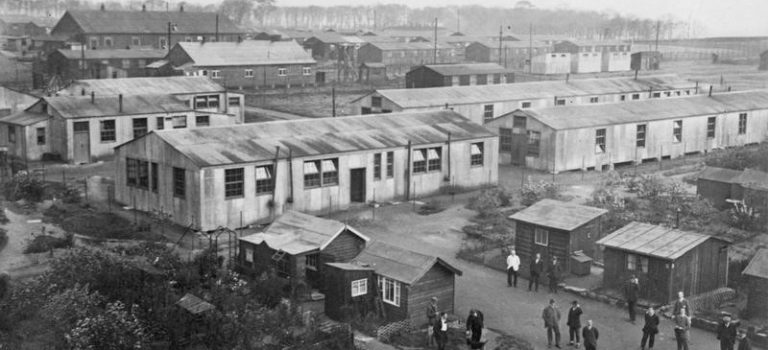

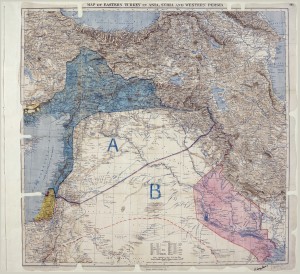
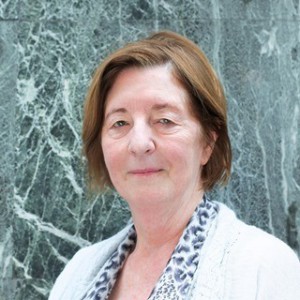 As part of UNESCO Nottingham City of Literature, award-winning British writer Pat Barker will be appearing at Nottingham Playhouse on Wednesday 15 June.
As part of UNESCO Nottingham City of Literature, award-winning British writer Pat Barker will be appearing at Nottingham Playhouse on Wednesday 15 June.